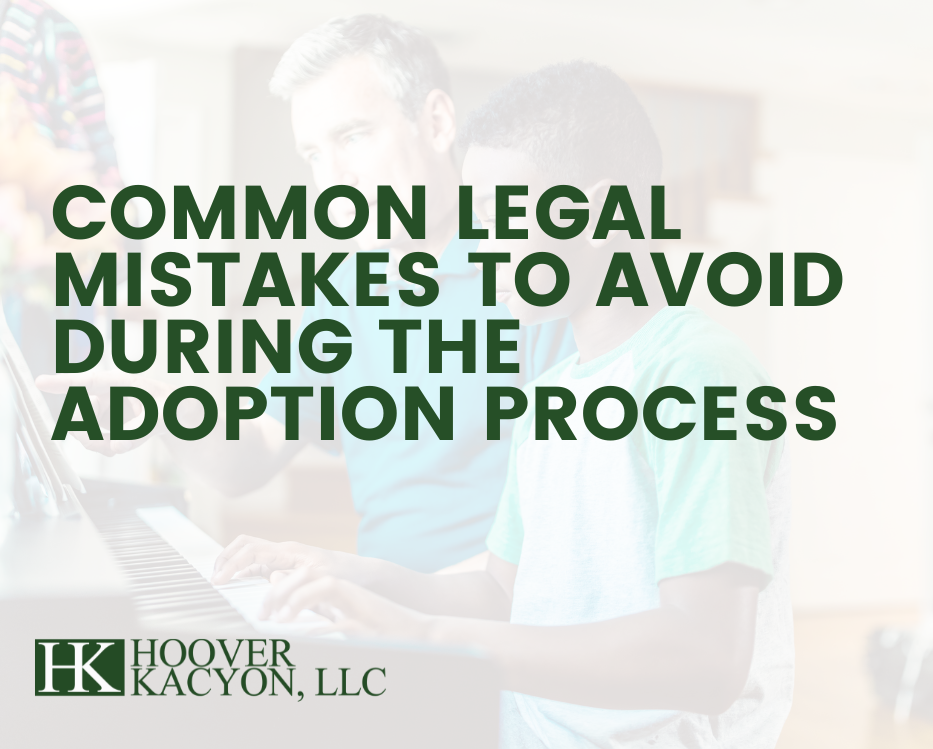Parents in Ohio who either pay or receive child support often have misconceptions about how the system works. These misunderstandings can cause frustration and conflict between parents, sometimes leading to unnecessary legal battles. To avoid confusion, it's important to understand the facts about child support. Below are six common myths and the truths behind them.
Myth #1: Child Support Is Based on the Child's Needs
Truth: While a child's needs are considered, the primary factor in determining child support is the income of both parents. Ohio uses a specific formula that combines the gross income of both parents, taking into account certain deductions like local taxes, support for other children, or spousal support. The aim is to ensure a fair distribution of child-rearing costs based on the parents' financial situations.
Myth #2: Child Support Must Only Be Spent on the Child
Truth: Child support is meant to contribute to the child’s overall welfare, but there’s no strict requirement for how it is spent. In Ohio, support can be used for housing costs, utilities,transportation, food, and even entertainment. While these expenses may also benefit the custodial parent, they don't make the spending improper. Only in extreme cases where the child’s needs are neglected would the court intervene.
Myth #3: Moving Out of State Cancels Child Support Obligations
Truth: Relocating to another state or even outside the country does not relieve a parent from their responsibility to pay child support. The obligation remains, regardless of where a parent lives. Courts and agencies can enforce child support orders across state and national borders.
Myth #4: Quitting a Job Can Eliminate the Duty to Pay Child Support
Truth: A parent cannot simply avoid child support by quitting their job. If a parent intentionally becomes unemployed to avoid payments, the court may continue to enforce the original support order. Judges may base payments on the parent's potential income or assign an obligation based on minimum wage.
Myth #5: Having Children with a New Partner Lowers Child Support
Truth: The number of children a parent supports is a factor in determining child support, but having more children doesn’t automatically lower payments. If a parent’s income increases with a new partner, child support could stay the same or even rise depending on the circumstances.
Myth #6: Child Support Ends When the Child Turns 18
Truth: In Ohio, child support typically ends when a child turns 18, but exceptions exist. Support may continue if the child is still in high school or is disabled and unable to support themselves. Additionally, the obligation will continue if parents agree in a divorce settlement to extend support past 18.
By understanding the facts and clearing up these misconceptions, parents can navigate the child support process with less confusion and conflict. Hoover Kacyon, LLC, is a trusted partner in child custody legal matters, delivering results
through our unwavering dedication, vast experience, and proven track record in litigation and appeals.
The Akron, Fairlawn, and Cuyahoga Falls Hoover Kacyon, LLC Attorneys at Law are here to assist you with the sensitive nature of child custody cases. If you need assistance, know that we deliver the highest quality legal representation from a team of professionals while also providing excellent customer service. Call us at
330-922-4491
or
contact us
online to make an appointment.
Recent Posts









YOU MIGHT ALSO LIKE









